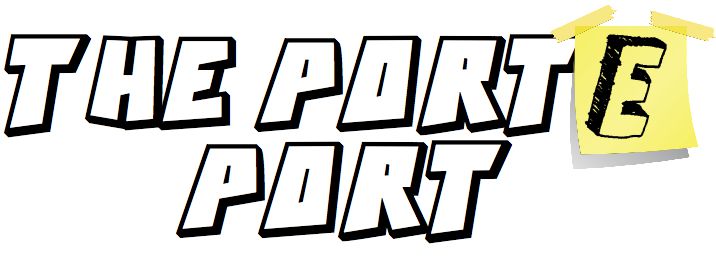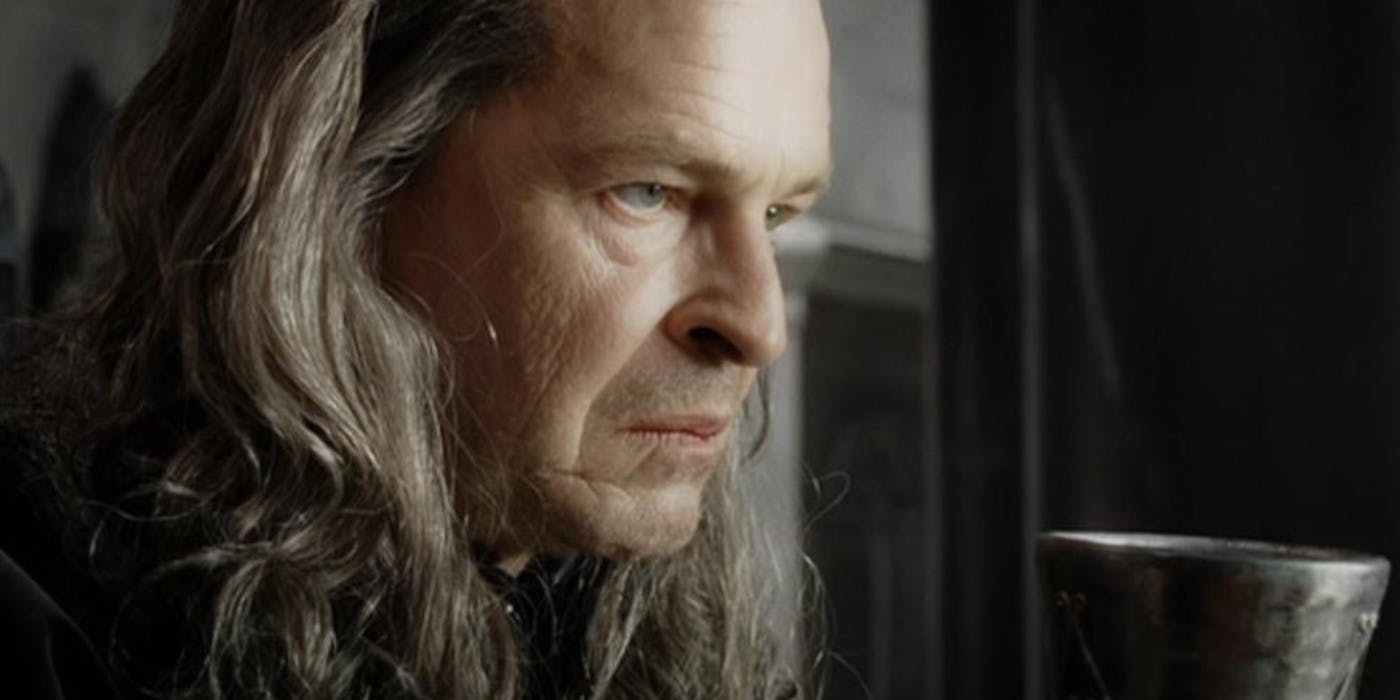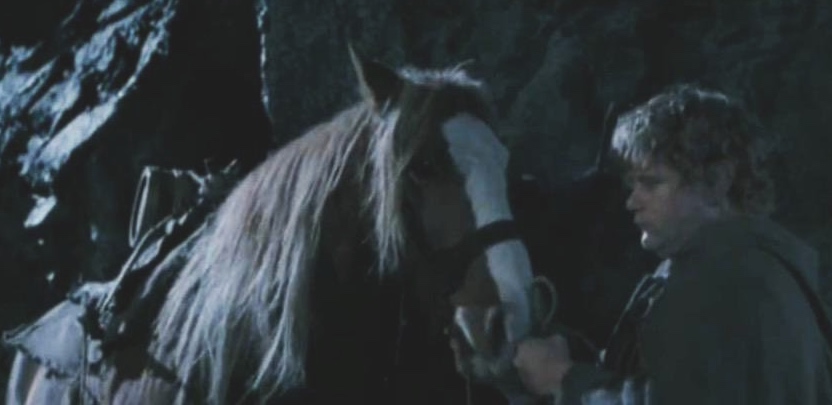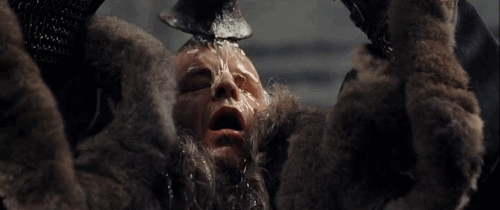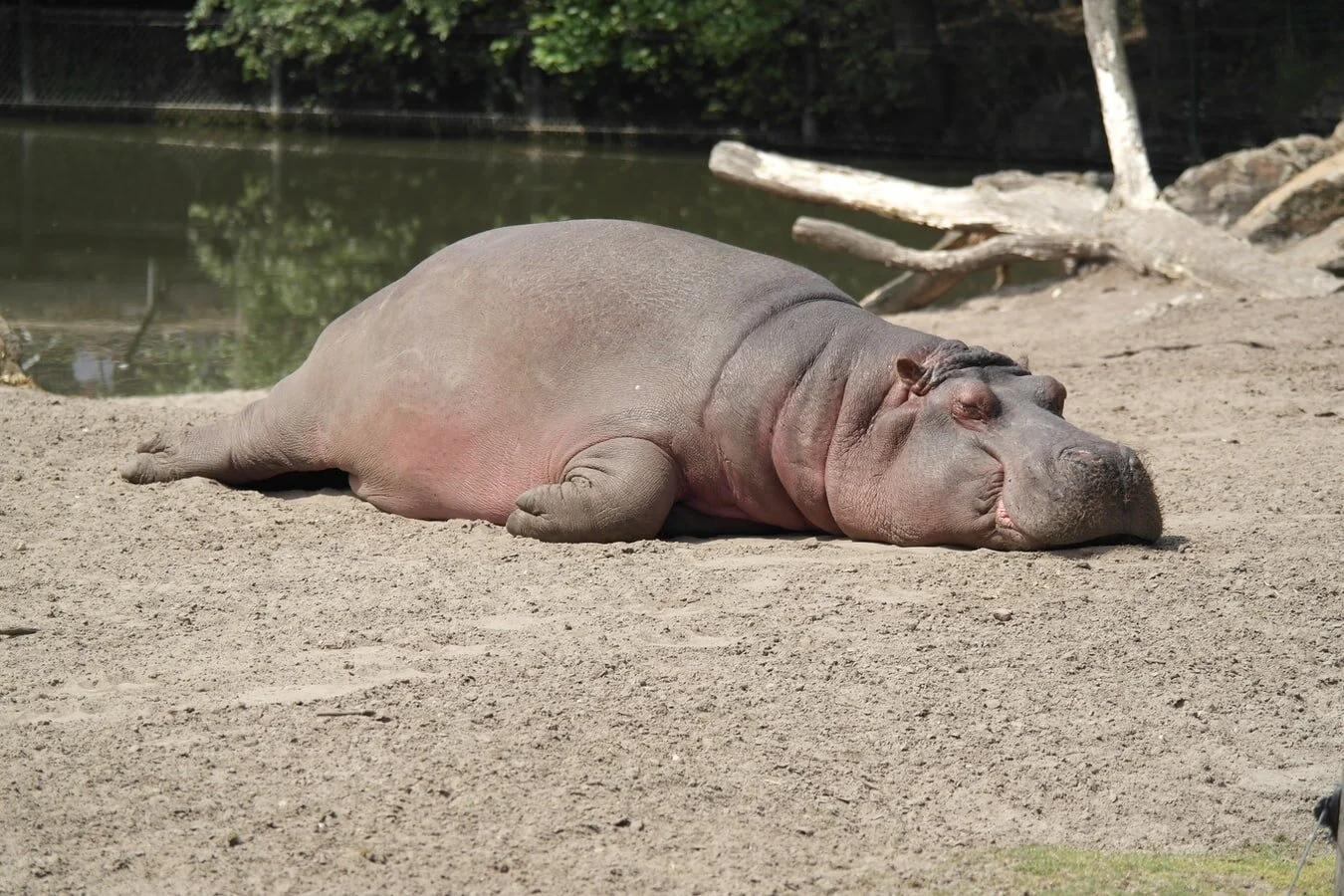Tolkien Tuesday: Denethor vs. Theoden (A Character Study)
You love the characters you've written, but let's face it, writers have a fascination with making terrible things happen to their protagonists.
Something has to go critically wrong for them because you don't want your book to be boring. Who's gonna read the book where the dinosaurs create fantastic tourist revenue, and Jurassic Park is quickly voted the safest resort in the world?
I'm also going to guess that coming up with terrible conflict for your characters is your favorite part of the planning stages for your story.
Or maybe I'm just a terrible person.
Either way, every writer needs to start asking one question as a story unfolds:
How will the characters react when the worst-case scenario starts playing out?
For Tolkien in The Lord of the Rings, it was the fall of Gandalf, Sam thinking Frodo has died, and Theoden's death. Scenes like this leave an emotional scar on us as the reader, but also on the other characters.
And Sam weeping in the books saying goodbye to Bill. Come on Tolkien!
We've talked about this before. Grief is a powerful tool that can get out of hand and be over the top before you realize what even happened.
Not all grief and extreme emotion play out the same for every character, though.
What choices will your characters make now that something terrible has happened?
You may have done a swan dive into the character's psyche, and how this turn of events has affected them, but what will they do now that the story must go on?
It's time to start playing with Nature vs. Nurture because not all emotions run the same course.
For those not in the know, Nature here means the qualities and personality traits of a person that are innate. Your character just has better hand/eye coordination than most, it's a natural skill.
Nurture is the events in a person's life that have affected who they are. Their parent may have driven home that certain manners are expected at the dinner table. It's not that the character is naturally judgmental of your BBQ covered fingertips, they were taught to have high expectations.
Tolkien set up the perfect duo for us to really examine how similar events can produce BIG differences in character arcs.
Let's dive into Theoden and Denethor. (Now there's a sitcom I would watch).
Both of these characters lose a son. Both grieve over that loss. Both have very different storylines.
Tragedy will probably play heavy in your story somewhere along the line, but how do you make your book stand out?
Oh no, not that tragedy
Know thy characters.
Theoden loses a son and rises to heroism. Denethor loses a son, and he's kinda a dick that nearly ruins everything.
Nature for both of these characters is similar. Both are cut from royalty having higher blood in them that destines them for some kind of rulership.
One, however, leans on martial prowess where the other leans on asking questions of the stars, as some characters would put it. Both involve honor and pride in very different ways.
Grief for Denethor turns into desperation because of the things he begins to discover about the world.
What could be the Nurture aspects that affect his way of thinking?
Denethor sits upon the ruling seat of the last great kingdom of the Numenorean race. There's a weight of history, culture, and power that is all crumbling around him. Every Steward of Gondor has had to bear the responsibility of perhaps being the unfortunate one to see Gondor fall completely.
Not a great thing for a resume.
Denethor's son Boromir has been a huge boon to the forces of Gondor holding back Mordor. (At least in the eyes of Denethor himself). Then Boromir dies, because Sean Bean.
Add to that mix that Denethor has been using a Palantir to see what the hubbub is around Middle-Earth and you have a recipe for madness.
(I can't help but imagine the Recipe for Madness being a Mom Blog post found on Pinterest. "When my kids come home from school, they are desperate to go absolutely insane. I have just the thing to sate their need to slowly lose their minds." Ok, I'll stop).
Denethor thinks that Frodo has lost the Ring to Sauron because he's been captured and all hope for any victory is completely lost.
You can almost understand where he's coming from. He has suffered the loss of a son, and in his mind, seen the only sliver of hope dashed.
He tweets a couple of depressing posts and collects his near-dead other son to burn them both alive.
Well...that escalated quickly.
Totally normal response. Very sane leader.
Grief takes an extreme form here.
One would think that grief would drive him to save his other son, Faramir, at all costs, but he only makes things way worse. The realization that Frodo is captured and now Sauron's forces are literally knocking at the gates makes him see only darkness.
Hope is so necessary for human survival. Without it, we become something else. Grief begins to weave a tapestry of madness in those who have no hope.
But Theoden lives in this same world, dealing with this same kind of grief. How is that he has such a different story?
Theoden loses a son, and the circumstances behind that loss are complicated.
Theoden is in the fever dream state of quasi mind control by Saruman. During this time, Rohan is nearly destroyed with towns burning to the ground and Theoden's son is struck down. (See, this is why I don't take naps).
This seems like plenty of reasons to act just like Denethor here. I mean, nothing says desperation like a burning kingdom and the death of a child.
Theoden doesn't throw himself on a funeral pyre though.
Instead, he takes all of Rohan's forces, after fending off Saruman and the fighting Uruk-hai, and leads a glorious charge to break the forces of Mordor attacking a kingdom that isn't even his.
He has hope. Hope that by defending Gondor they will have a chance to win. This doesn't mean he thinks they will pull it off, but there's something to fight for.
That is a key thing for his character vs. Denethor's. Nature and Nurture have developed two very different responses to darkness.
Theoden finds something to fight for. Denethor finds something to die for.
Let that sink in and think about it again.
Theoden finds something to fight for. Denethor finds something to die for.
It's similar on paper, but their actions become two very different things.
They both end up dead too, but as we have said before, it's about the journey in a good story, not necessarily the destination.
One dies with honor, the other dies in shame.
Hold back the tears. Hooooooold it!
Theoden is driven by the fact that he was helpless when his son died. He will not allow any more of his people to die while he sits idly by. He will be the one on the front lines because he wants redemption in addition to victory.
Theoden sees the sacrifices already made and refuses to let the dead be lost in vain. Denethor sees the sacrifices already made and refuses to believe victory is worth it.
Grief is extraordinarily unique for both of these characters, making it that much more interesting for us as the reader. If every character acted the same in response to pain, we would have, like, three total books in existence.
Don't you want memorable characters like this in your story? I know I do!
Make sure their emotions are tied to their Nature that is influenced by their Nurture.
Who is your character at the beginning? What cornerstones are in place for them?
Maybe they don't kill, and you look at a scene towards the end where they are killing someone. Well, is that their Nature? Perhaps not. But what has happened to them along the way to get them there? Your character has dynamic emotions, and they need to change and grow (or be corrupted) by the end of a story.
One event might define something critical for many of your characters, but that doesn't mean they all will act the same. In fact, so much conflict can come because the same emotional event plays out differently for your characters, and may even bring them into opposition to one another.
Can you imagine if Denethor had been proactive about protecting Gondor and even sent aid to Theoden so that they could get help sooner in return? Friction from that very point plays out in the movies, interestingly enough.
Real people have their own real reasons for acting the way they do.
Who are your characters, I wonder?
Their approach to extreme emotions in their own unique way, finding a balance between Nature and Nurture, will make them different than any other character ever written.
They will be your characters. And that's what makes them worth reading.
Write better stories by writing like a geek. Get more writing advice pulled from the movies, books, games, and shows we love right to your email (click below)
